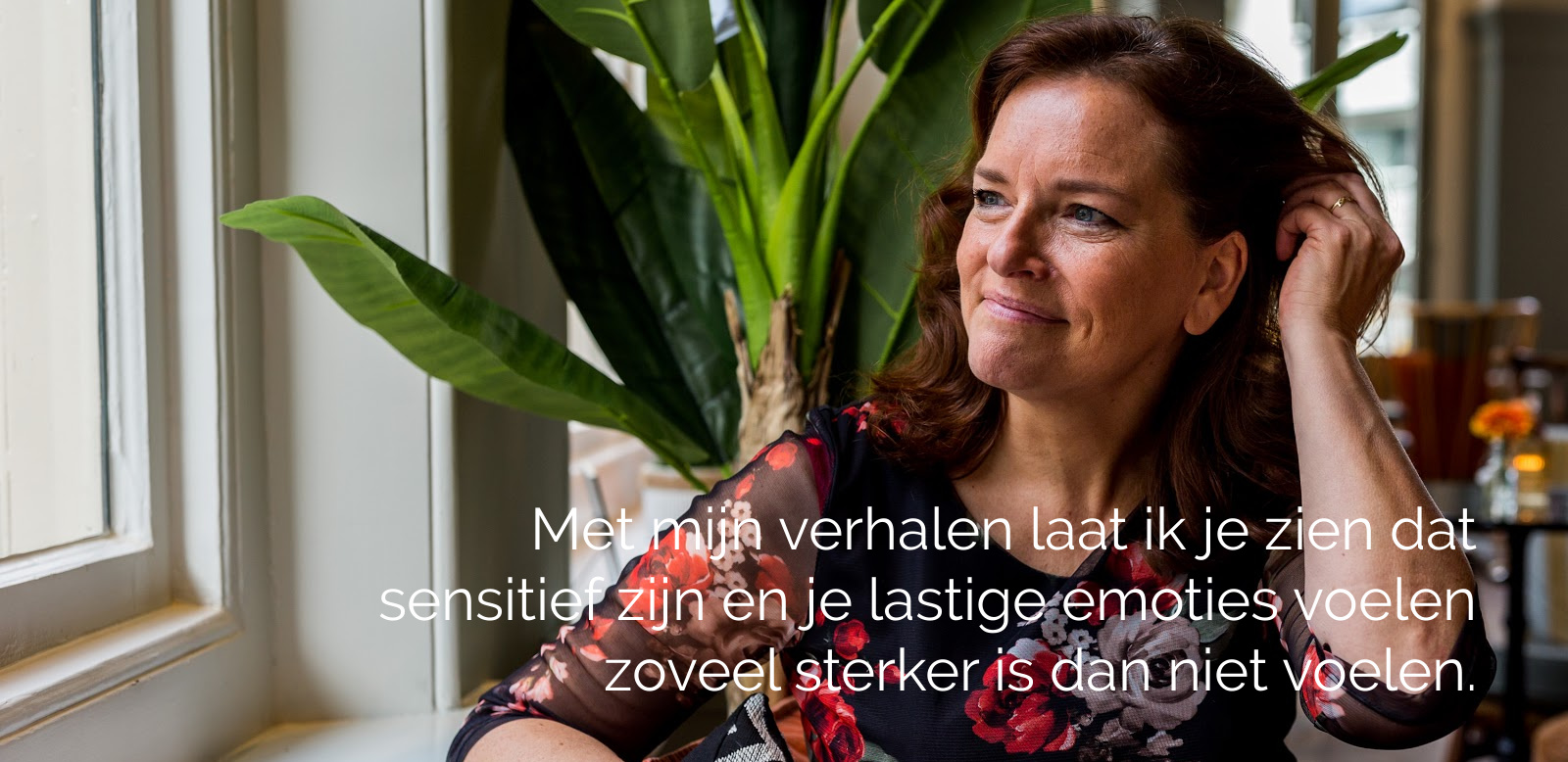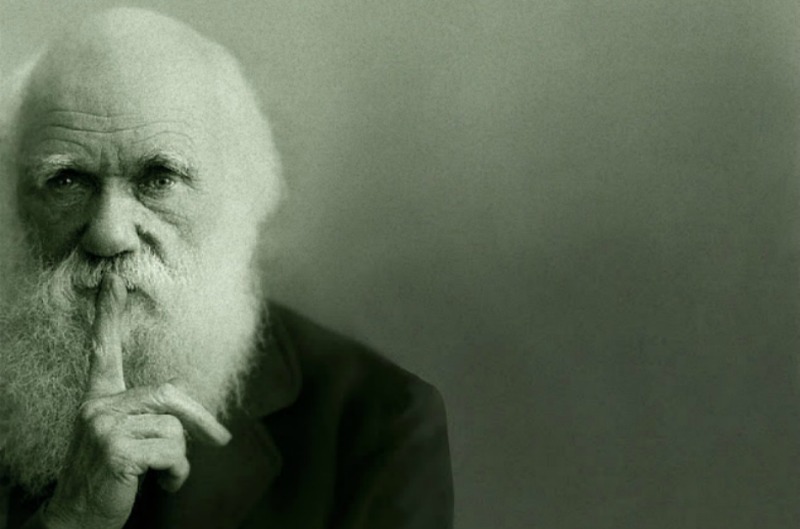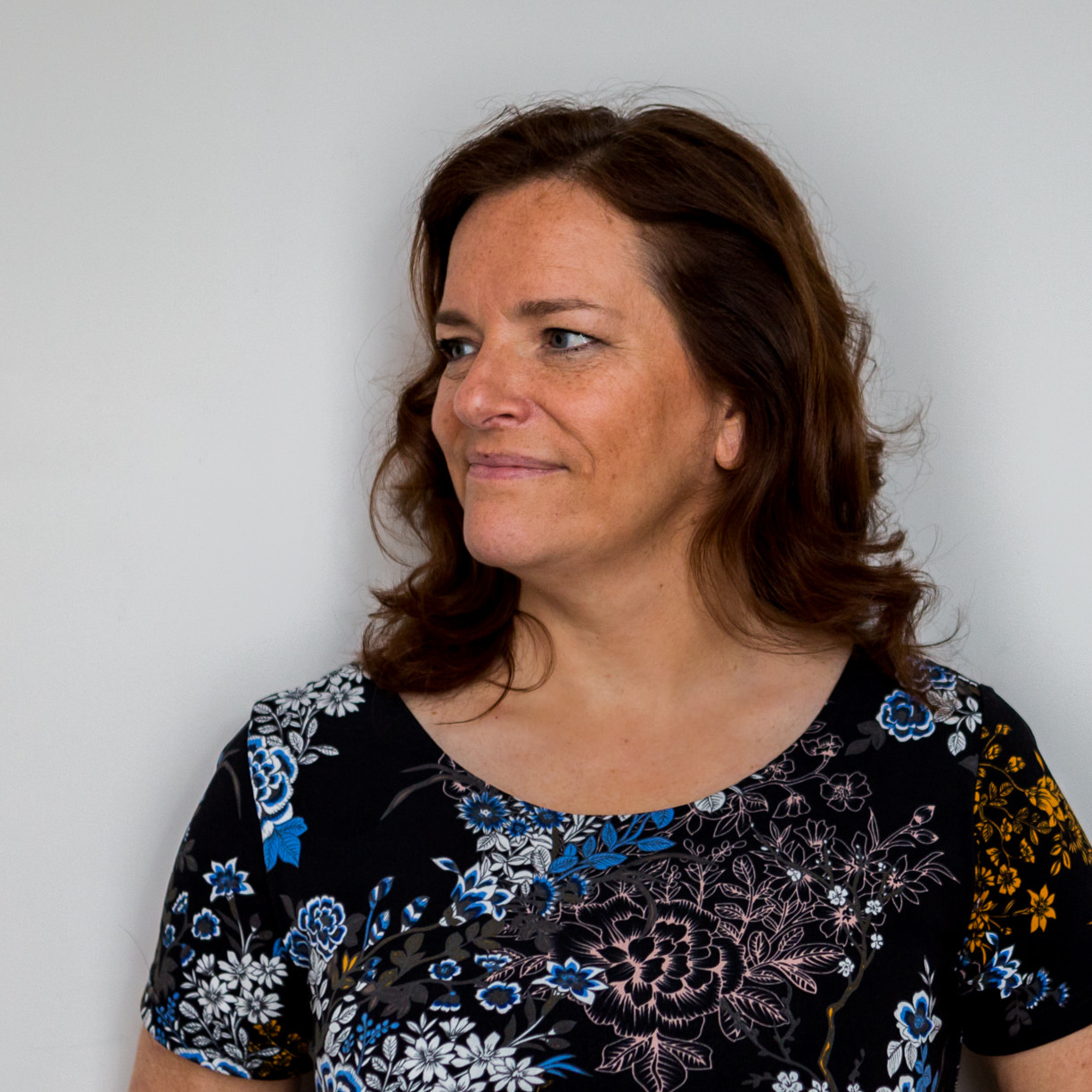Silence
I’m halfway up the stairs to the platform when I hear the whistle. I hurry and run up the final steps and just when the doors of the train are about to close I jump into the one still open. With a sigh of relief I walk in the first compartment I see, right in front there’s a seat for four completely empty. Wow, that doesn’t happen that much. Just when I sit myself down the train starts to leave the station. I stare out the window. I look forward to a peaceful half hour just watching the scenery passing by, in the meanwhile trying to quiet my busy mind. One half hour filled with doing nothing.
We’ve just left the station when behind me three loud female voices fill our compartment. I don’t need to (neither does the rest of our fellow travelers) put in a lot of effort to hear what they’re talking about. It seems they have a women’s day out and elaborate on traveling by train with all the pros and particularly cons. Their high-pitched, sharp and disapproving voices echo through the air. Every now and then a deep voice interrupts their talking and tries to join their conversation.
For me, being a HSP, it feels as if they’re not sitting behind me but in the seat right beside me, shouting their stories straight into my ear. I flinch hearing this plethora of sounds.
With one eye I gaze up the window. Sigh…no ‘S’ to be seen. These ‘S’ compartments are a true benefit, especially for highly sensitive people like me. The ‘S’ stands for silence. In these train compartments there are no whistles, tv tunes and other strange sounds to be heard when phones ring. No updates and boy-friend dramas shared by students. No loud music blasting through the air. No phone calls home from people, announcing their arrival time in the meanwhile arguing over what’s for dinner. At times you’re astonished of what people discuss out loud in public transport.
Hurrying to catch my train I forgot to check if the compartment was a silent one. For a brief moment the thought of moving to another flashes through my mind. But a four-persons-seat for me alone is actually pretty good. So I decide to move to Plan B.
Plan B is my ultimate savior. When neighbors party till the early hours in the morning, in open-plan offices where colleagues plant their fingers on keyboards like hammers. Plan B, are my ear pods.
I rummage through my handbag, and just when I find them I notice a man taking the seat opposite of me. He asks me if I mind him sitting there. It’s the deep voice I heard earlier. Reluctantly I look at him, but then nod my head to say it’s OK. ‘Why does he want to sit apart from his female friends?’
I put in my ear pods and I plug them into my smartphone which I don’t switch on. People seeing me sitting like this in trains would think I listen to music a lot. Actually…I don’t. Now I come to think of it I’ve never used them during my travels for that purpose. For me, ear pods are ideal to muffle all sounds and I never leave home without them.
When I turn my head away from the window and look at the man again I notice his eyes are closed. With his chin sunk upon his chest and his head slightly aside it is clear that he has fallen asleep. It seems I wasn’t the only one longing for silence.












